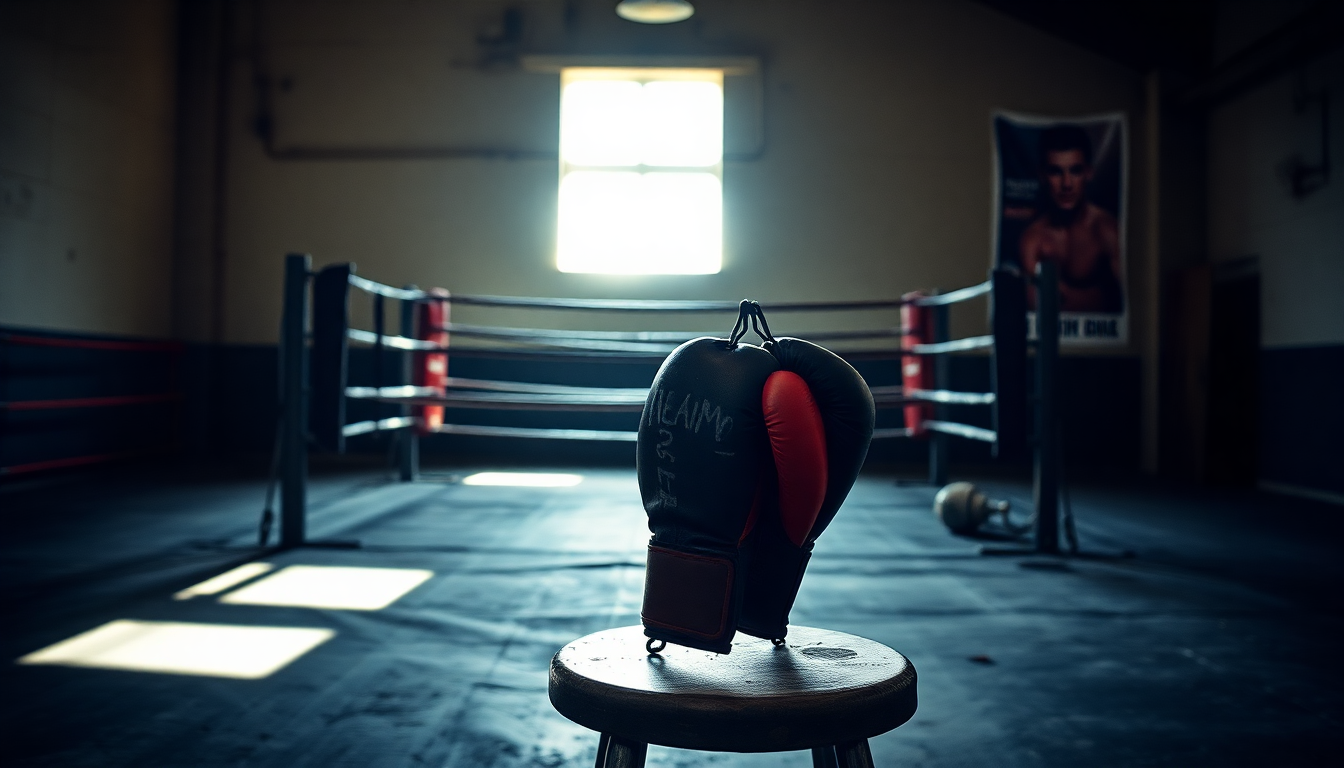Table of Contents
Julio Cesar Chavez Jr., the son of the legendary Mexican boxing icon, is currently facing some serious legal hurdles after his recent arrest by US immigration authorities. This situation not only raises eyebrows about Chavez’s potential ties to criminal organizations but also shines a light on broader issues surrounding immigration policies and the treatment of individuals linked to organized crime. What does this mean for Chavez and the larger picture? Let’s dive in.
The circumstances surrounding the arrest
Earlier this week, US immigration agents apprehended Chavez in Los Angeles, claiming he made fraudulent statements in his permanent residency application, submitted in 2024. This arrest is just one piece of a larger puzzle, part of an investigation that has been unfolding since 2019 and led to an arrest warrant issued by Mexican authorities in 2023. Mexican President Claudia Sheinbaum has openly stated her expectation that Chavez will be deported to Mexico, where he might face a prison sentence linked to arms trafficking and organized crime. With the attorney general’s office working on the deportation process, it’s clear that this case has attracted significant governmental attention.
Interestingly, Chavez’s detention comes on the heels of his high-profile boxing match against social media star Jake Paul, which he lost by unanimous decision. This adds to a troubling trend in Chavez’s career, which has been marred by controversies, including previous suspensions for testing positive for banned substances. Can he bounce back from this latest setback?
Allegations of cartel connections
The stakes are high for Chavez, as the US Department of Homeland Security has raised serious concerns about his alleged ties to the infamous Sinaloa Cartel. This classification is no small matter—various Latin American cartels have been labeled as “foreign terrorist organizations” in the US’s ongoing battle against cross-border crime. Such designations can have far-reaching effects, not just for individuals but for how organized crime is viewed and prosecuted internationally. Are we witnessing a shift in how celebrity connections to crime are treated?
Chavez’s attorney, Michael Goldstein, has strongly denied these allegations, labeling them outrageous and suggesting they are intended to instill fear within the community. This highlights the intense tension surrounding the case, especially since Chavez’s family has publicly maintained their belief in his innocence. Adding to the drama, his wife, Frida Munoz Chavez, has her own complicated history, having been married to the son of former Sinaloa Cartel leader Joaquin “El Chapo” Guzman. How does this intertwining of personal and criminal histories affect public perception?
Future implications for Chavez
The possibility of Chavez being deported to Mexico raises a multitude of questions about his future—both in boxing and in his personal life. If deportation happens, he could face a lengthy prison sentence that might effectively crush his professional boxing dreams. Moreover, it’s likely that public perception of Chavez will shift dramatically, as individuals with alleged ties to organized crime often find it challenging to shake off those associations. Will he be able to reclaim his narrative?
As we watch the legal proceedings unfold, it’s crucial to consider the broader social and legal ramifications of this case. The intersection of celebrity culture, organized crime, and immigration policy creates a complicated and evolving narrative. Observers will be keenly watching to see how this situation plays out and what it ultimately means for Chavez’s legacy—not just as an athlete, but as a person entangled in a complex legal web. What’s next for him? Only time will tell.


